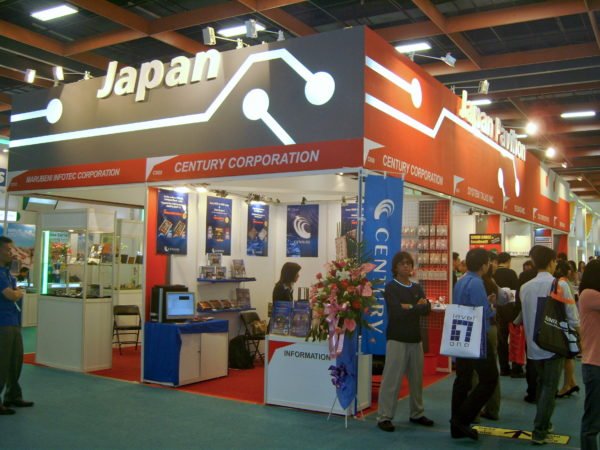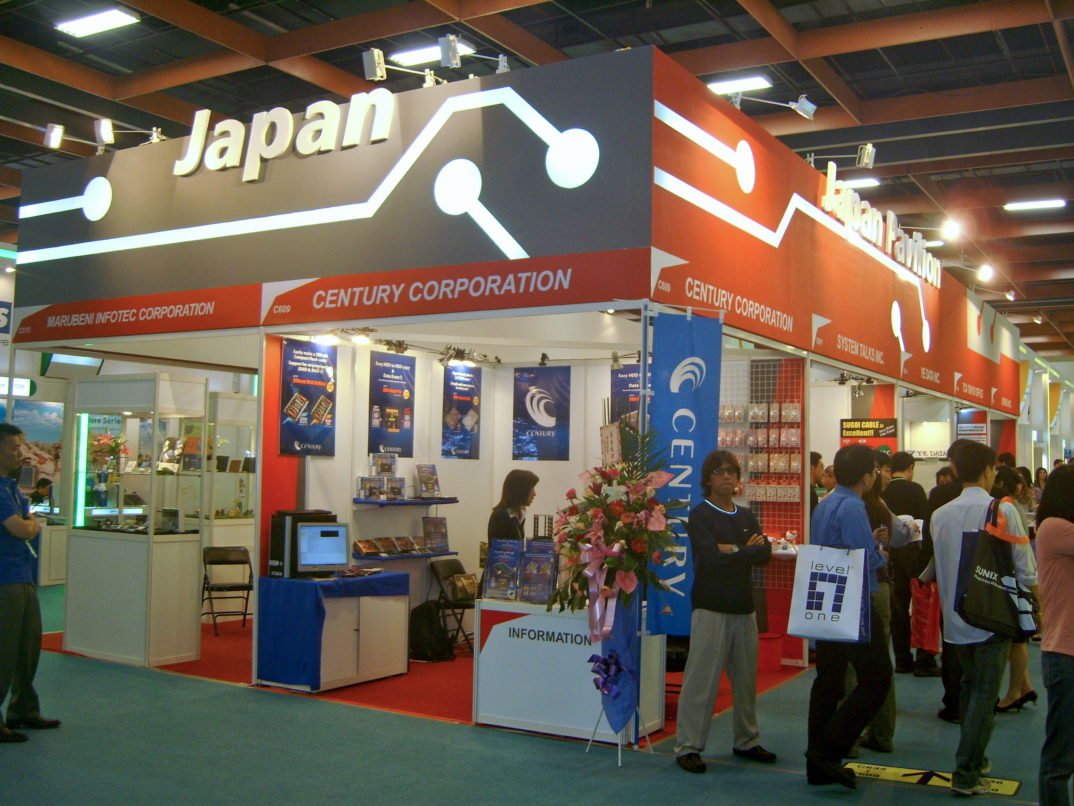Japan’s economy grew at its fastest pace for more than two years in Q2 as consumer spending and capital expenditure ramped up.
GDP expanded at an annualized rate of 4% in the April-to-June period, government data showed, beating expectations for a 2.5% rise.
The world’s third-largest economy grew 1% compared to the previous quarter.
Japan is enjoying its longest economic expansion in a decade, buoyed by spending and investment.
The country’s economy has been gaining strength thanks to rising exports, including smart phones and memory chips.
Investment tied to the Tokyo 2020 Olympics has also given the country’s economy a boost in recent months.

Japan economy enters contraction starting with Q3 2012
Japan’s Economy Shrinks 0.4% in Q4 of 2015
Japan’s economy slips into recession
Strong domestic demand helped to offset a drop in exports during Q2.
Japan has been trying to lift consumer spending, which accounts for more than a half of the country’s GDP.
The latest figures could be a help to PM Shinzo Abe who pledged to reignite growth and spending through his Abenomics reforms.
Shinzo Abe has seen his popularity sink recently over a series of scandals including claims he exploited his political power to help a friend.
Japan has battled years of deflation, or falling prices, and slow growth following an equity and property market bubble in the early 1990s.
The Abenomics program, a mix of monetary easing, government spending and structural reforms, was designed to reignite the once-booming economy and lift consumer prices.
Falling prices can discourage spending by consumers, who might put off purchases in the hopes that prices will drop further.
That hurts businesses, as it can stop companies from increasing production, hiring new staff or increasing wages.
